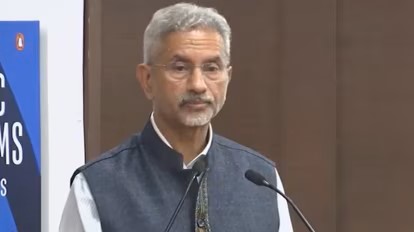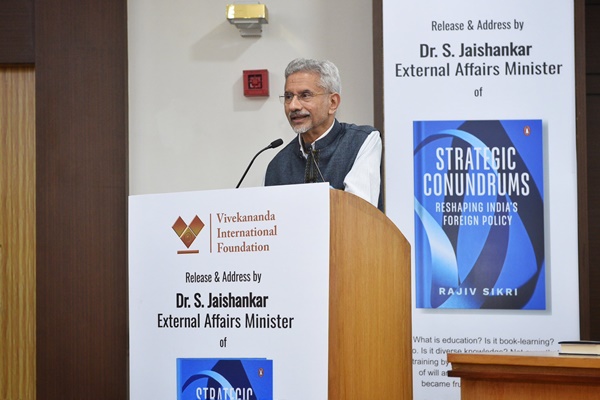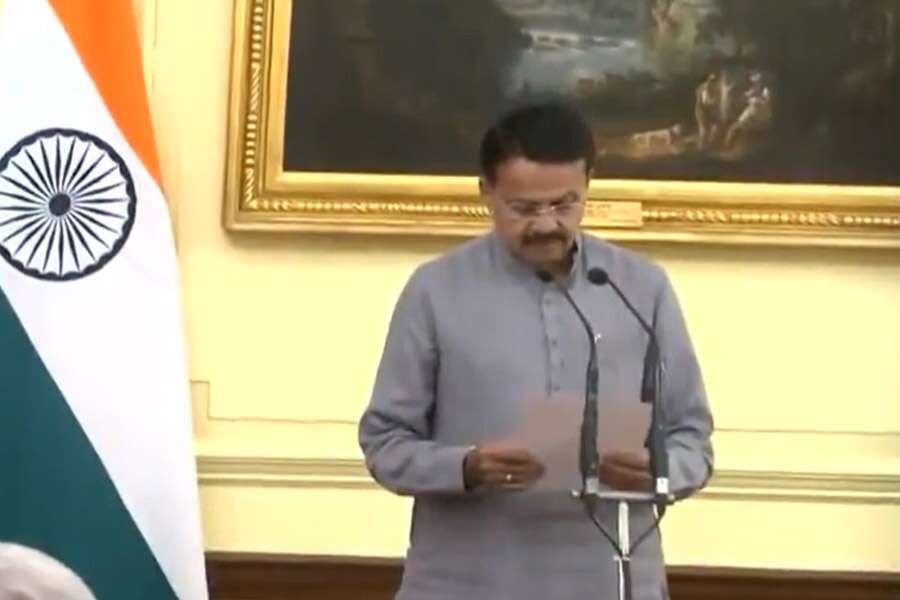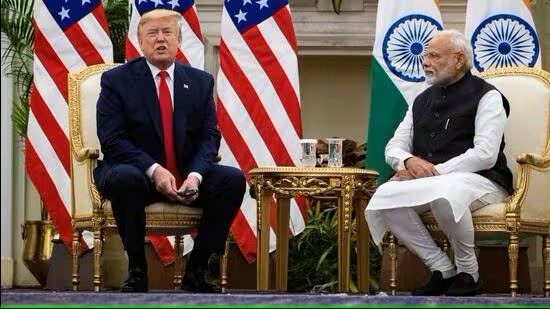New Delhi: External Affairs Minister S. Jaishankar has declared that the period of continuous dialogues with Pakistan has ended, asserting that “actions have consequences.” Speaking at a book launch event in New Delhi, Jaishankar emphasized that the approach of uninterrupted talks with Pakistan is no longer viable, especially in light of the changes to Jammu and Kashmir’s status following the abrogation of Article 370.
 Jaishankar stated, “The era of continuous dialogues with Pakistan is over. As far as Jammu and Kashmir is concerned, Article 370 is a closed chapter.”
Jaishankar stated, “The era of continuous dialogues with Pakistan is over. As far as Jammu and Kashmir is concerned, Article 370 is a closed chapter.”
Regarding the future of India-Pakistan relations, Jaishankar commented, “Whether we are satisfied with the current state of relations is open to interpretation. What is clear is that we are not passive observers; we will respond to events as they unfold, whether positively or negatively.”
During a visit to Singapore in March, Jaishankar had criticized Pakistan for its extensive sponsorship of terrorism, while also stressing that India would confront this issue head-on.
His latest remarks come as Jammu and Kashmir prepares for Assembly elections, with regional parties like the National Conference and the People’s Democratic Party advocating for renewed dialogue with Pakistan.
Tensions between the two countries have been high since August 5, 2019, when India revoked Article 370, altering Jammu and Kashmir’s constitutional status.
In related news, Pakistan has confirmed an invitation for Prime Minister Narendra Modi to attend the Shanghai Cooperation Organisation (SCO) summit in Islamabad this October. Last year, then-Foreign Minister Bilawal Bhutto Zardari visited India for the SCO Foreign Ministers’ meeting.
On India-US relations, Jaishankar described them as highly valuable. “The US plays a crucial role in our pursuit of a multipolar world. While we may not always have complete alignment with the United States, our relationship is based on converging interests and the ability to collaborate on issues where our goals align,” he said. He acknowledged that while there are areas of significant agreement with the US, there are also notable differences.




